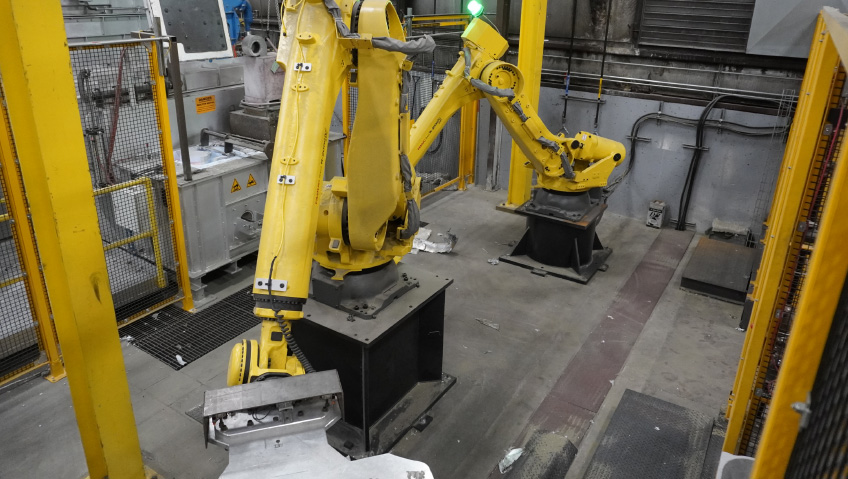The electric car is no longer a pipe dream. Automotive companies worldwide are offering electric options, and vehicle charging stations are becoming a more common sight at local gas stations—especially in larger cities. Electric Vehicles (EVs) are fast becoming an energy-conscious and economically viable alternative to traditional gas-powered cars. However, the EV industry still faces an uphill battle due to myriad factors influencing not only the wider adoption of these vehicles but also public perception, which remains uncertain.
A vehicle purchase is typically a serious financial commitment, and EVs are no exception. In fact, EVs often come with unique financial challenges for those seeking affordable transportation. According to an entry on EV Industry Blog detailing the biggest hurdles facing the sector, “The EV industry’s biggest challenge is vehicle purchase cost.” Lithium-ion batteries and other advanced components used in EV manufacturing significantly increase costs compared to established internal combustion models.
Gas-powered vehicles still dominate the market, vastly outnumbering available electric models, and this contributes to the perception that EVs are harder to find. While there are around 56,000 charging stations in the U.S., the infrastructure is still far from ubiquitous.
The U.S. Department of Transportation reported that the average cost of a new non-luxury light-duty vehicle in 2022 was nearly $44,600, while comparable EVs averaged over $65,000. Prices range from around $25,000 to more than $90,000 depending on the make. Exro Technologies reported in 2023 that the average transaction price for a new EV stood at about $48,008, with the average new vehicle costing around $58,940.
Even accounting for federal tax credits, this investment remains substantial—and is increasing. Dan Irvine for Forbes notes that government subsidies have been rolled back, making EVs on average 5.5 percent more expensive. In 2024, only seven EV models qualified for the full federal tax credit, keeping affordability a pressing issue.
Political complications further affect affordability. In a piece for The Conversation, Charles Conteh and Tia Henstra explain that the future of EVs in Canada is influenced by ongoing U.S. tariffs and pre-existing challenges. High costs, limited battery range, and sparse charging infrastructure are “concerns [that] continue to affect firms here in Canada,” with companies like Stellantis managing high inventory, slow sales, and falling revenue.
Conteh and Henstra also argue that if countries like Canada hope to maximize investment in the EV industry, they must increase the use of critical minerals in manufacturing and adopt policies to better support these efforts.
Environmental factors also influence EV adoption. Irvine notes that the technology used in EVs can be susceptible to cold weather, which in some parts of North America prevents proper charging. Moreover, large-scale EV adoption would increase reliance on the electric grid. EV Industry Blog projects that this could require a 38 percent increase in electricity consumption by 2050 and would demand a major expansion of grid capacity.
Beyond market and environmental issues, cultural perceptions also impact EV acceptance. In PsyPost, Eric W. Dolan discusses a study published in Travel Behaviour and Society, which found that countries with more feminine cultural orientations show higher EV adoption rates. In contrast, countries with more masculine orientations—where traditional values emphasize power and competition—show lower adoption and may associate EVs with femininity. According to Dolan, “beyond financial and infrastructural considerations, symbolic and cultural meanings of vehicles may play a significant role in shaping consumer behaviour at a national level.”
Tesla remains the most recognizable EV brand to the average consumer. However, recent developments have hurt the company’s public image. DigiDay reports that Tesla’s Q1 2025 vehicle deliveries dropped 13 percent year-over-year, with its stock experiencing its worst performance since 2022. Much of this is attributed to CEO Elon Musk, whose polarizing public persona and reported internal company issues have fueled negative sentiment—particularly on social media platforms like X (formerly Twitter).
Still, the outlook may be improving. Musk’s departure from the Department of Governmental Efficiency at the end of May could allow him to refocus on Tesla, which may help the brand rebound.
Amid these challenges, there is positive momentum. Exro Technologies cites an International Energy Agency projection that EVs will represent 60 percent of global vehicle sales by 2030, up from just 14 percent in 2022. The U.S. government’s Infrastructure Investment and Jobs Act of 2021 allocated over $7 billion to expand EV charging infrastructure, signaling continued public investment. Additionally, EVs still have lower annual operating costs—around $485 per year—compared to more than $1,000 for gas-powered vehicles.
Despite the numerous hurdles facing the sector, electric vehicles are becoming an increasingly viable and attractive alternative to traditional cars. If manufacturers, governments, and consumers can work together to overcome current challenges, the future of EVs looks promising—not just in North America, but worldwide.






